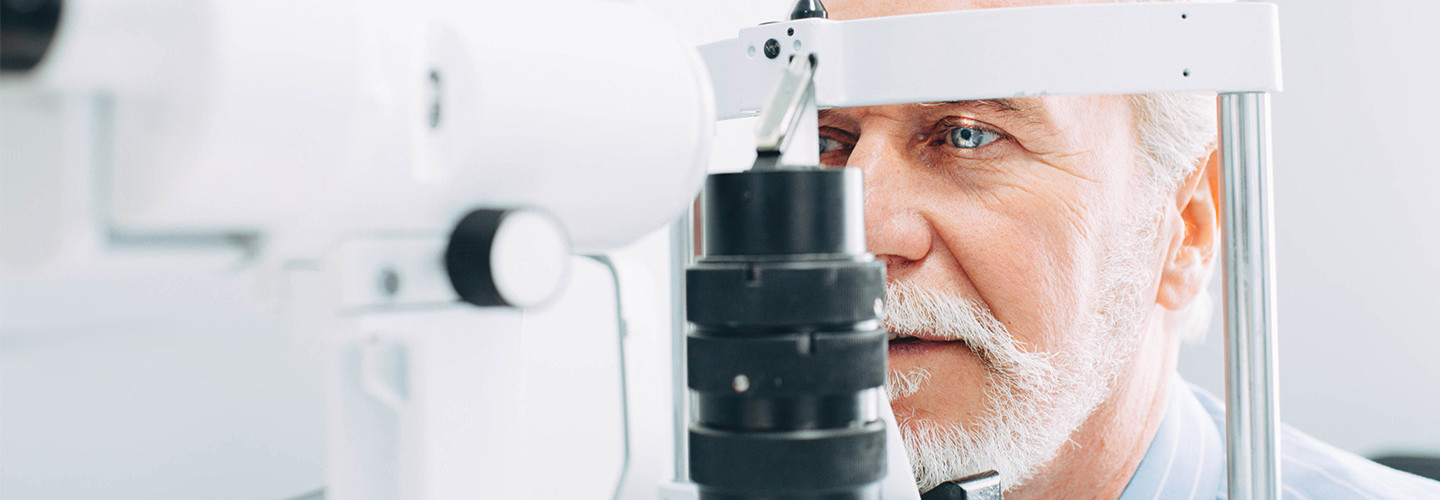All Categories
Featured
Table of Contents

Regular eye examinations are essential for maintaining excellent vision and identifying prospective eye health problems early. Nonetheless, the frequency of these exams can differ dramatically based upon an individual's age, way of living, and overall health and wellness. Comprehending the recommended routine for eye exams can help ensure that individuals of every ages receive proper care and monitoring for their eye health.
Infants and Toddlers (0-2 Years)
For infants and toddlers, eye examinations are crucial for detecting any prospective vision problems at an early stage. The American Academy of Ophthalmology advises that a child's very first eye test need to occur at around six months old. Throughout this preliminary check out, the eye treatment expert will analyze the kid's aesthetic advancement and look for any type of noticeable eye problems.Following this first exam, it is suggested that children have another eye examination at age three. This check out will certainly focus on assessing the kid's overall aesthetic feature, consisting of eye placement and the capacity to track items. If no issues are spotted, the following exam needs to be arranged before the youngster begins institution, typically around age 5 or 6.
School-Aged Youngsters (6-18 Years)
Routine eye examinations must be arranged every one to 2 years when children reach school age. Vision is essential for discovering and growth, and lots of institutions carry out vision screenings. However, these testings do not replace a comprehensive eye exam by an eye care expert.For children included in tasks or sporting activities requiring considerable aesthetic focus, annual eye exams might be advisable. Furthermore, if a child displays indications of vision troubles-- such as difficulty checking out, squinting, or constant headaches-- a see to the eye physician should be arranged immediately.
Youthful Grownups (19-39 Years)
Young grownups typically have less vision adjustments than older age teams, however regular eye examinations continue to be vital. The basic recommendation is to schedule an eye exam every 2 years during this duration. People with details threat aspects-- such as a family history of eye condition, diabetic issues, or those that use get in touch with lenses-- need to take into consideration yearly eye tests.In addition, those who invest significant time on digital tools may experience digital eye pressure. If signs such as dry skin, fatigue, or obscured vision occur, it may be important to see an eye treatment specialist sooner.
Grownups (40-64 Years)
As people get in middle age, the likelihood of creating vision troubles boosts. Grownups aged 40 to 64 need to schedule eye exams each to two years. This age might begin to experience presbyopia, a natural age-related condition that makes it testing to concentrate on close items. Eye examinations can additionally help discover other typical age-related problems such as glaucoma, cataracts, and macular degeneration.If people in this age have danger factors like hypertension or diabetic issues, they may require even more frequent examinations to check their eye wellness closely.
Senior Citizens (65 Years and Older)
For seniors, routine eye examinations end up being even a lot more crucial. The American Optometric Organization advises that people aged 65 and older have an eye exam at least once a year.Conclusion.
Understanding the ideal routine for eye exams based upon age is essential for maintaining optimum eye health throughout life. From infants to seniors, routine eye evaluations play a crucial duty in finding concerns early and ensuring that vision stays sharp. By sticking to these standards and seeking advice from an eye care expert, individuals can take proactive actions toward preserving their vision and total wellness. Whether it's a youngster's initial check out or a senior's yearly examination, prioritizing eye treatment is an investment in lifelong health.Table of Contents
Latest Posts
Find Cost-Effective Auto Repairs with Montclare’s Limited-Time Service Specials
Published en
1 min read
Learn About Leading Vehicle Maintenance Services in Chicago – Drive with Confidence
Published en
1 min read
Don’t Miss Special Auto Repair Deals in Chicago at Montclare Auto Repair
Published en
1 min read
More
Latest Posts
Find Cost-Effective Auto Repairs with Montclare’s Limited-Time Service Specials
Published May 25, 25
1 min read
Learn About Leading Vehicle Maintenance Services in Chicago – Drive with Confidence
Published May 25, 25
1 min read
Don’t Miss Special Auto Repair Deals in Chicago at Montclare Auto Repair
Published May 20, 25
1 min read